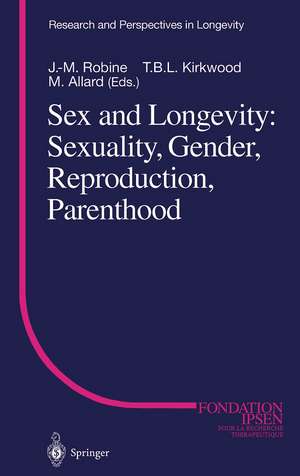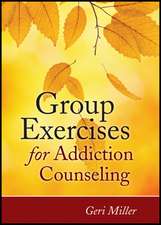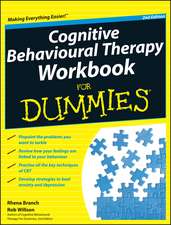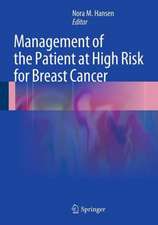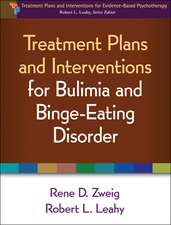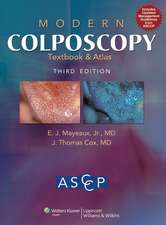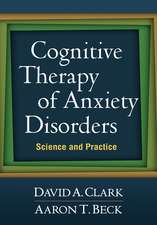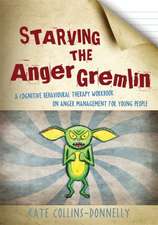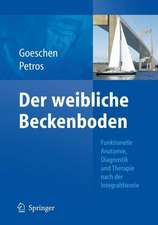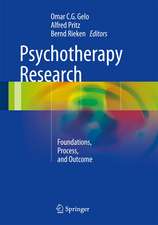Sex and Longevity: Sexuality, Gender, Reproduction, Parenthood: Research and Perspectives in Longevity
Editat de J. -M. Robine, T. B. L. Kirkwood, M. Allarden Limba Engleză Paperback – 18 sep 2011
Preț: 708.06 lei
Preț vechi: 745.32 lei
-5% Nou
Puncte Express: 1062
Preț estimativ în valută:
135.49€ • 141.75$ • 112.55£
135.49€ • 141.75$ • 112.55£
Carte tipărită la comandă
Livrare economică 03-17 aprilie
Preluare comenzi: 021 569.72.76
Specificații
ISBN-13: 9783642640261
ISBN-10: 3642640265
Pagini: 156
Ilustrații: X, 142 p. 7 illus. in color.
Dimensiuni: 155 x 235 x 8 mm
Greutate: 0.23 kg
Ediția:Softcover reprint of the original 1st ed. 2001
Editura: Springer Berlin, Heidelberg
Colecția Springer
Seria Research and Perspectives in Longevity
Locul publicării:Berlin, Heidelberg, Germany
ISBN-10: 3642640265
Pagini: 156
Ilustrații: X, 142 p. 7 illus. in color.
Dimensiuni: 155 x 235 x 8 mm
Greutate: 0.23 kg
Ediția:Softcover reprint of the original 1st ed. 2001
Editura: Springer Berlin, Heidelberg
Colecția Springer
Seria Research and Perspectives in Longevity
Locul publicării:Berlin, Heidelberg, Germany
Public țintă
Professional/practitionerCuprins
Human Longevity at the Cost of Reproductive Success: Trade-Offs in the Life History.- Human Longevity and Parental Age at Conception.- Gender—Linked Effects on the Inheritance of Longevity A Population-Based Study: Valserine Valley XVIII–XXth Centuries.- Genes and Centenarians.- Evolutionary Ecology of the Human Female Life History.- Caretaking, Risk-Seeking, and Survival in Anthropoid Primates.- The Ecology of Menopause.- Androgen Deficiency in Aging Males and Healthy Aging.- Patterns of Childbearing and Mortality in Norwegian Women. A 20-year Follow-Up of Women Aged 40–96 in the 1970 Norwegian Census.- Sex Differentials in the Evolution of Life Expectancy and Health in Older Age.
Textul de pe ultima copertă
In most human societies, females live longer than males. Some people live in good health to great ages while others die relatively young. The tendency to live longer seems to run in families. Parenthood also seems to influence survival. Why should females survive well after they lose fertility? In the current context of improved diet, public health and medicine, many more people will live longer, leading to an ageing of the human population. An international group of experts, hosted by the Fondation IPSEN, met during the third meeting of the series "Colloques Médecine et Recherche", devoted to "Research and Perspectives in Longevity", to discuss the latest advances towards understanding why some of us age faster than others.
